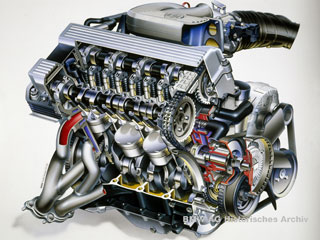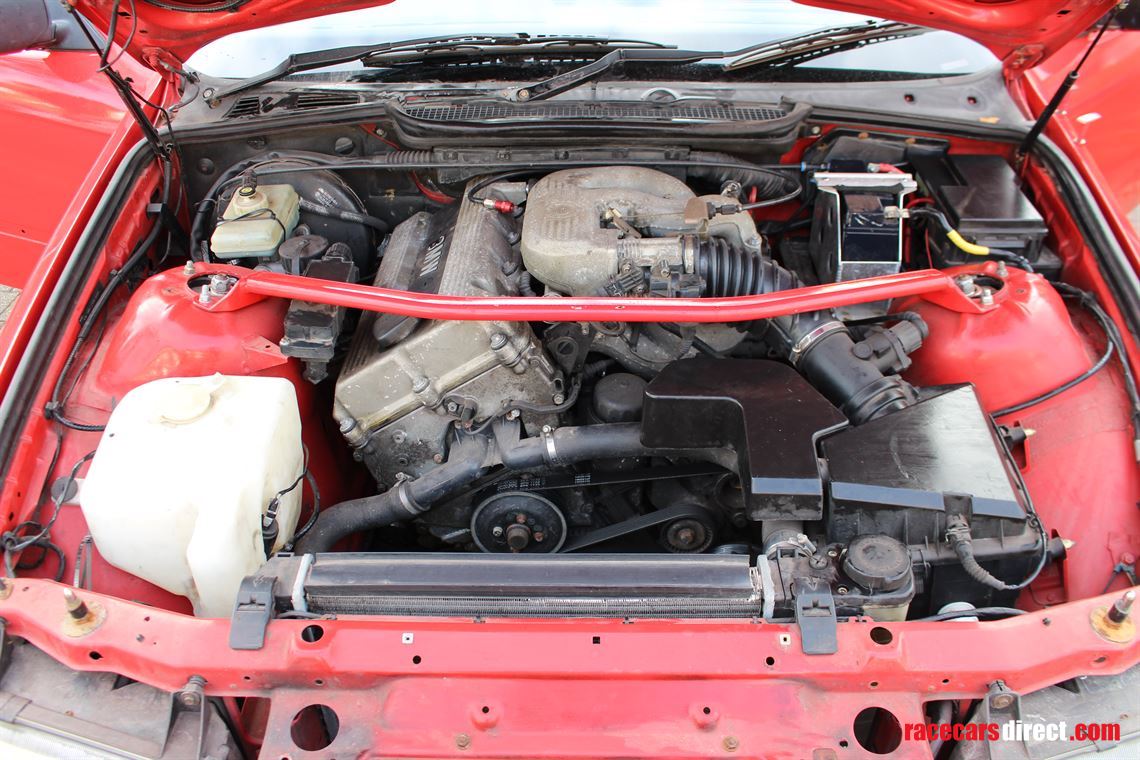Crucial Factors To Consider for Picking the most effective Engine for Your Demands
In the world of picking the ideal engine to satisfy your requirements, numerous vital factors demand thorough consideration to guarantee optimal performance and performance. From the nuanced balance between power and performance to the often-overlooked aspects of upkeep and service needs, each facet plays a crucial duty in figuring out one of the most appropriate engine for your certain demands. As the intricacy of engine innovations remains to evolve, discerning one of the most fitting choice demands a deep understanding of the interplay between various factors to consider. By exploring the intricate web of factors that underpin this decision-making process, a more clear course arises in the direction of selecting an engine that not only meets but surpasses your assumptions.
Power and Performance
When examining engines for ideal efficiency, it is vital to prioritize both power output and efficiency. Power result gauges the capability of an engine to generate power, which directly affects its efficiency. A high power outcome is vital for demanding jobs such as sturdy applications or high-speed needs. It makes sure that the engine can manage the workload effectively and effectively. Nevertheless, power alone is not enough; efficiency plays a significant role in determining the total efficiency of an engine. Efficiency refers to exactly how well the engine converts fuel right into useful energy. A more reliable engine will certainly provide much better gas mileage, reduced discharges, and decreased operating expense. Striking the right balance in between power result and efficiency is essential to selecting an engine that satisfies your details requirements. When making this decision, it is necessary to think about aspects such as the planned use of the engine, ecological effect, and long-term price ramifications. By carefully reviewing both power and performance, you can pick an engine that delivers optimal performance and fulfills your requirements successfully.
Fuel Effectiveness and Economic Climate
In the world of engine choice, the consideration of fuel efficiency and economic climate holds paramount significance. Fuel effectiveness describes the engine's capability to convert fuel right into power with very little waste, straight affecting operating expense and ecological sustainability. bmw 318ti. When choosing an engine, assessing its gas economic situation is crucial to figure out long-lasting financial savings and ecological influence. Engines with higher fuel efficiency not just reduce fuel expenditures however also reduce carbon discharges, adding to a greener procedure.

Compatibility and Application
Thinking about the gas efficiency and economic climate of an engine, the next critical aspect to address is its compatibility and application within particular operational contexts. Compatibility refers to how well the engine incorporates with the total system or tools it powers.
Additionally, the application of the engine is just as important. Different engines are designed for certain purposes, whether it be industrial equipment, marine vessels, automobiles, or power generators. Comprehending the designated application enables the choice of an engine that can supply the required power output, torque, and functional qualities. A high-revving engine designed for performance automobiles would certainly not be suitable for heavy-duty building and construction equipment that calls for high torque at reduced rates.
Maintenance and Service Demands
Upkeep and solution demands play a vital function in ensuring the long life and optimum efficiency of an engine. Routine upkeep is necessary to protect against breakdowns, prolong the lifespan of the engine, and preserve its performance. When choosing an engine, it is crucial to think about the manufacturer's suggested upkeep routine and the schedule of solution facilities or certified professionals.
Variables such as the frequency of oil adjustments, filter replacements, and general inspections can dramatically impact the engine's efficiency. Some engines might require even more constant servicing based on their style and use, while others may have longer intervals in between maintenance checks. get redirected here It is important to comply with these service needs to stay clear of pricey repairs and unanticipated downtime.

Cost and Budget Considerations
Budget plan constraints often play a considerable role in the decision-making procedure when selecting an engine for a particular application. When thinking about the cost and spending plan ramifications of choosing an engine, it is important to evaluate not just the initial acquisition rate however likewise the long-term costs associated with maintenance, fuel usage, and prospective upgrades or repair work. It is essential to strike an equilibrium in between the ahead of time price of the engine and its overall lifecycle costs to ensure that the picked engine stays monetarily lasting throughout its operational lifespan.
Variables such as gas effectiveness, sturdiness, and dependability can directly impact the complete expense of ownership of an engine. While a more pricey engine might have higher ahead of time costs, it could potentially result in lower upkeep and gas expenses over time, hence providing far better value in the lengthy run.
Conclusion

Fuel effectiveness refers to the engine's ability to transform fuel into energy with very little waste, right here straight impacting operating costs and ecological sustainability.Elements influencing gas performance consist of engine layout, burning efficiency, and general performance optimization. In addition, selecting the suitable fuel type and quality as advised by the engine manufacturer can even more improve efficiency and extend engine life expectancy.
Engines with excellent utility attributes and readily available parts can decrease maintenance costs and decrease the time the engine is out of procedure - bmw 318ti. It is essential to strike a balance in between the ahead of time expense of the engine and its general lifecycle costs to make certain that the chosen engine remains financially sustainable throughout its functional life-span